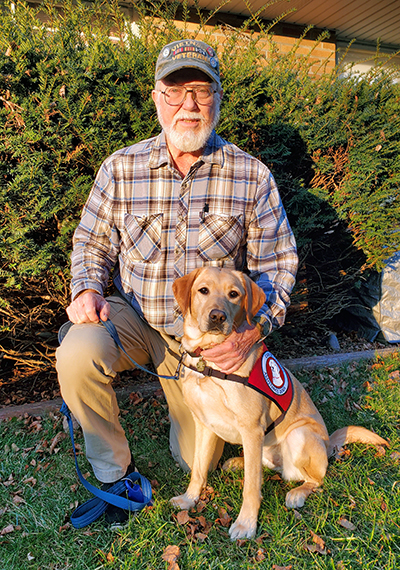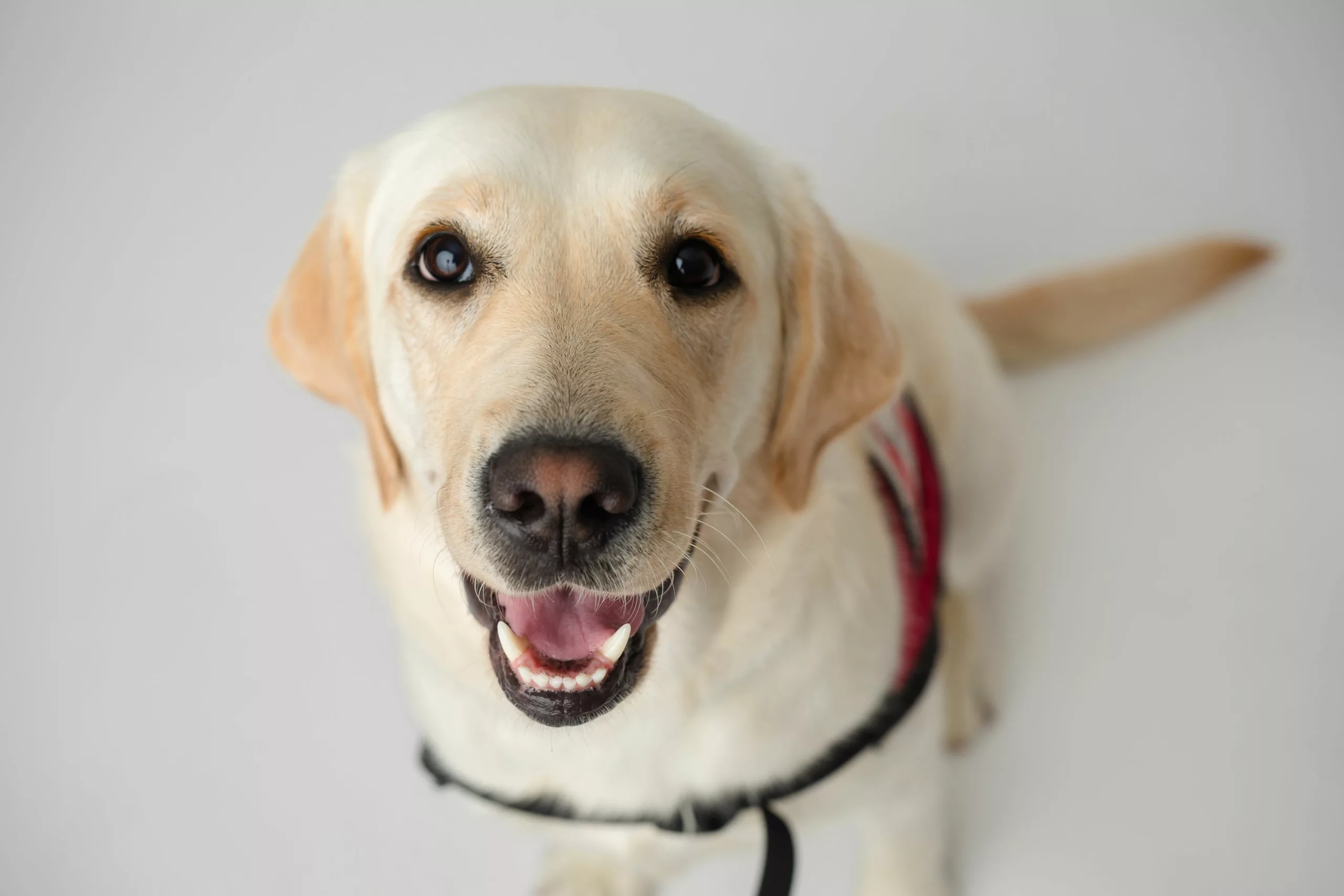Kim served in the Army for 44 years. While much of that time was in the Reserves, a combined 10 years was in active duty, including being a part of Special Operations in the Vietnam War.
Kim came out of that experience with long-term effects. He says, “Due to my exposure to Agent Orange, I've had a cerebral hemorrhage and two strokes. I've had to have surgery on my neck and spine due to other injuries. And so, it limits me bending over and moving. I have a hand that doesn't work too well due to the strokes. My mobility is down at least 50 percent from what it was 20 years ago. Having been an active person all of my life that really bothers me.”
Additionally, a ruptured eardrum caused by combat exposure during the war has led to issues with balance and a loss of hearing. With these combined effects, Kim states, “It got so I didn't want to go out places because of my mobility and hearing issues.”
However, asking for help didn’t come easy to him. “For years, I refused to accept benefits from the VA (Veteran’s Administration). I felt that I didn’t need it. To admit that I needed help from the VA was to admit that I was less of a person. There was a little bit of guilt there because there are people that are far worse off than I am for whatever reason.” He didn’t believe that his afflictions should take resources from someone else. “As it turns out, that is a wrong attitude,” Kim now realizes.
 He began treatment at his nearby VA. Then, three years ago, his primary care physician there recommended that he get an assistance dog. They reached out on his behalf, and soon Kim found himself communicating with Can Do Canines and being matched with a yellow Lab named Trixi.
He began treatment at his nearby VA. Then, three years ago, his primary care physician there recommended that he get an assistance dog. They reached out on his behalf, and soon Kim found himself communicating with Can Do Canines and being matched with a yellow Lab named Trixi.
Kim says their connection was instantaneous. He recalls, “I’ve known dogs that look at you, and they can read the expression on your face, or they can feel your emotions. Trixi is that kind of dog. Within four hours, we were bonding. She was very intuitive. She took to me right away.”
With Kim’s wife, Ilene, working during the day, Trixi began actively performing her key duties. She helps Kim stay safe not only by picking up his socks if he drops them while getting dressed but also by picking up almost anything else he drops. “If I bend over, the chances of falling are very high,” he says.
Trixi is also very thoughtful. Kim notes the specific way that Trixi also recovers his cane for him. “She picks it up in a certain way...so I can actually grab the soft handle.”
Plus, “She loves answering the phone,” adds Kim, who usually doesn’t hear his typical household sounds. When Ilene calls on their Echo device, Trixi gives Kim a nudge and expression that Kim describes, saying, “She’s like, ‘Your wife is on the phone.’”
Trixi also accompanies Kim to his appointments at the VA and other local places. He says, “Now, with her, I'm out a lot.” While waiting at appointments, Kim will put Trixi in an “under” position beneath an exam table and says, “Little things like that impress people and then they start asking questions.” And that’s when Kim’s personality really gets active. Since I can't work, I've become a full-time veterans advocate at the Zablocki Medical Center here in Milwaukee, as well as with state and national veterans’ organizations. My focus is on assistance dogs for veterans.”
That’s a mission that resonates with Can Do Canines supporter Paul Beirhaus. Paul specifically wanted to support a veteran needing an assistance dog and stepped up to be a team sponsor for Kim and Trixi.
In an ambassador role, Kim travels often, speaking about the advantages assistance dogs can bring to the lives of veterans, and relays, “I don’t feel uncomfortable traveling alone anymore,” since Trixi is with him. Considering traveling and other aspects of his life, Kim says, “I have a lot more confidence in what I’m doing because Trixi’s here, and that’s important to me.”
Kim’s travels have even taken him to Washington, D.C., where he met with not only VA administrators but also members of both the Senate and House Armed Services Committees. “If I can help get the message out, particularly with veterans, I feel that anything I can do to help educate people is a big plus.”
For Kim, a big plus in his life is Trixi. “She’s increasing my ability to be a person again, part of the community.” He goes on to explain, “I used to bike and do extreme camping and hiking. I also used to scuba dive and repel—all kinds of things like that. So, you can understand that when you can't do many of the things you enjoyed doing, and can't be as active as you once were even 10 years ago, it takes some purpose out of your life. I feel like I’ve gotten a good part of my life back with everything that Trixi helps me with. It’s such a wonderful feeling.”
Thank you to all those who made this partnership possible:
Whelping Home — Dana and Pete Kittok
Raisers — Christine Laney, Jim Peterson
Special Thanks — Stanley Correctional Institution, University of Minnesota FETCH Program (Alexis Hilton)
Team Sponsor — Paul Bierhaus
Name-A-Puppy Donor — Bruning Foundation - Rory Boucha

 Kristi’s Role Takes Multiple Forms
Kristi’s Role Takes Multiple Forms




